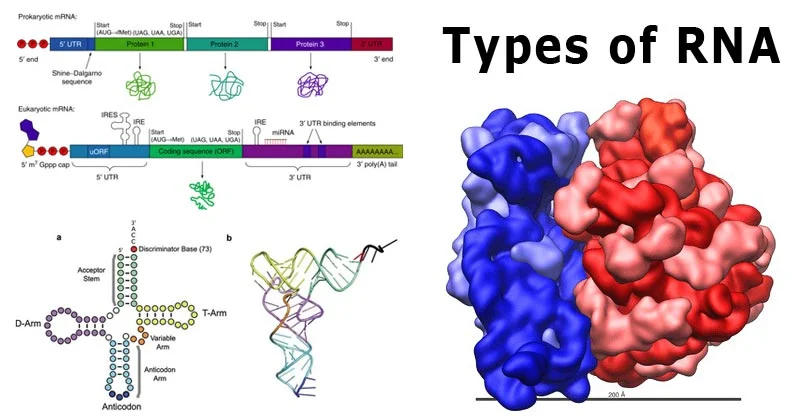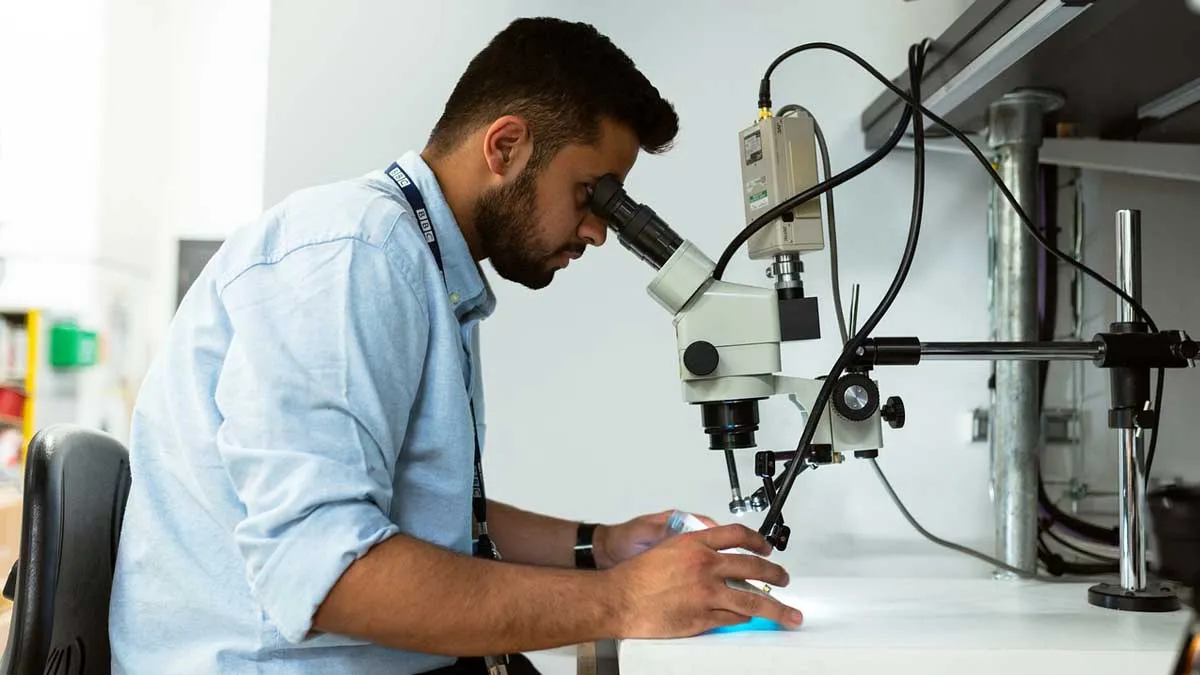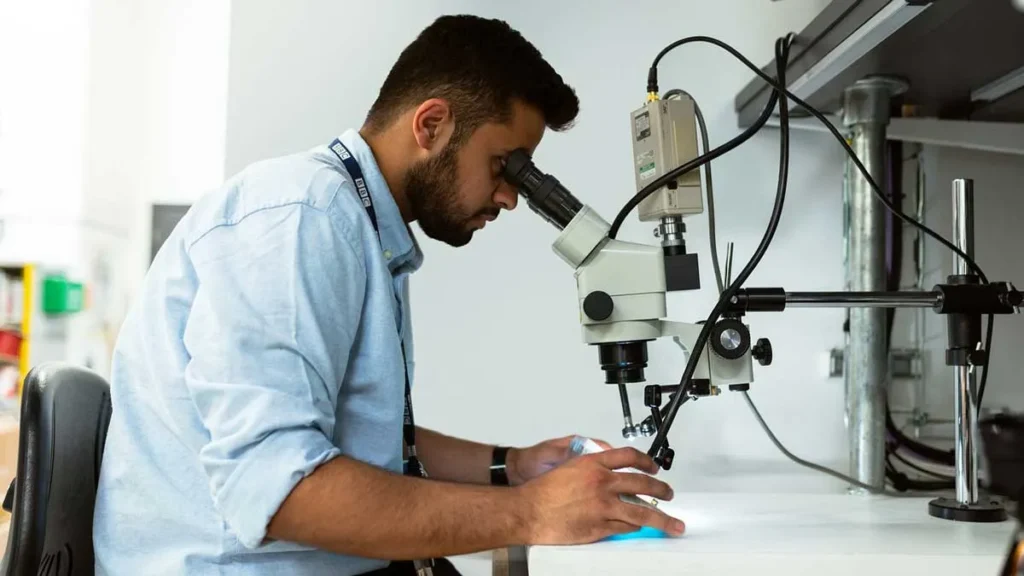Biotech Ink.
Author
7 Types of RNA with Structure and Functions
What is RNA? Its full form is Ribonucleic acid. This is a polymer of subunits joined by phosphodiester bonds. It is a single-stranded nucleic acid similar to DNA but having ribose sugar rather than ... Read more
Govt Launches Rs 210 Cr Research For…
The government has announced a research program worth Rs 210 crore for critical raw materials for three years; however, only nine pre-selected centers of excellence (CoEs) will be allowed to apply. The three-year ... Read more
Enzymes: Mechanism of Action – Structure, Function & Biomedical Importance
Biomedical Importance Enzymes are indispensable biological catalysts that accelerate virtually every biochemical reaction in living organisms. Their extraordinary specificity and efficiency make them critical for metabolism, signal transduction, DNA replication, immune defense, and ... Read more
Proteins: Structure and Biomedical Significance of Myoglobin & Hemoglobin
Biomedical Importance Myoglobin and hemoglobin are vital oxygen-binding proteins that ensure efficient transport and storage of oxygen in the human body. Myoglobin, located primarily in muscles, stores oxygen for use during high metabolic ... Read more
Cell Organelles: Structures, Functions and Examples
Cell organelles are specialized entities present inside a particular type of cell that performs a specific function. There are various cell organelles, out of which, some are common in most types of cells ... Read more
Proteins: Higher Orders of Structure
Biomedical Importance Proteins are the workhorses of the cell. Their biological function depends not just on their amino acid sequence (primary structure) but on how they fold into higher-order structures. Misfolding or defects ... Read more
Proteins: Determination of Primary Structure
Biomedical Importance Proteins are the central working molecules of life, performing enzymatic, structural, regulatory, and signaling roles. Knowing the primary structure—the linear sequence of amino acids—is crucial because it dictates how a protein ... Read more
Amino Acids: Properties, Biomedical Importance, and Their Role in Proteins
Biomedical Importance of Amino Acids Amino acids are the basic building blocks of proteins, which perform structural, enzymatic, transport, and signaling functions in all living organisms. Beyond protein synthesis, amino acids serve as ... Read more
Biobleaching: Mechanisms, Process, Advantages, Limitations, Applications, Notes
BioBleaching typically refers to the use of biological agents for bleaching processes. This concept is particularly significant in industries like paper, textile, and wastewater treatment, where it aims to replace or reduce the ... Read more
The Microbial Removal of Inorganic and Organic Sulphur from Coal
Microbial desulfurization is an eco-friendly process that uses microorganisms to remove inorganic and organic sulfur from coal. It is a promising alternative to conventional chemical and physical methods, which are often expensive and ... Read more










